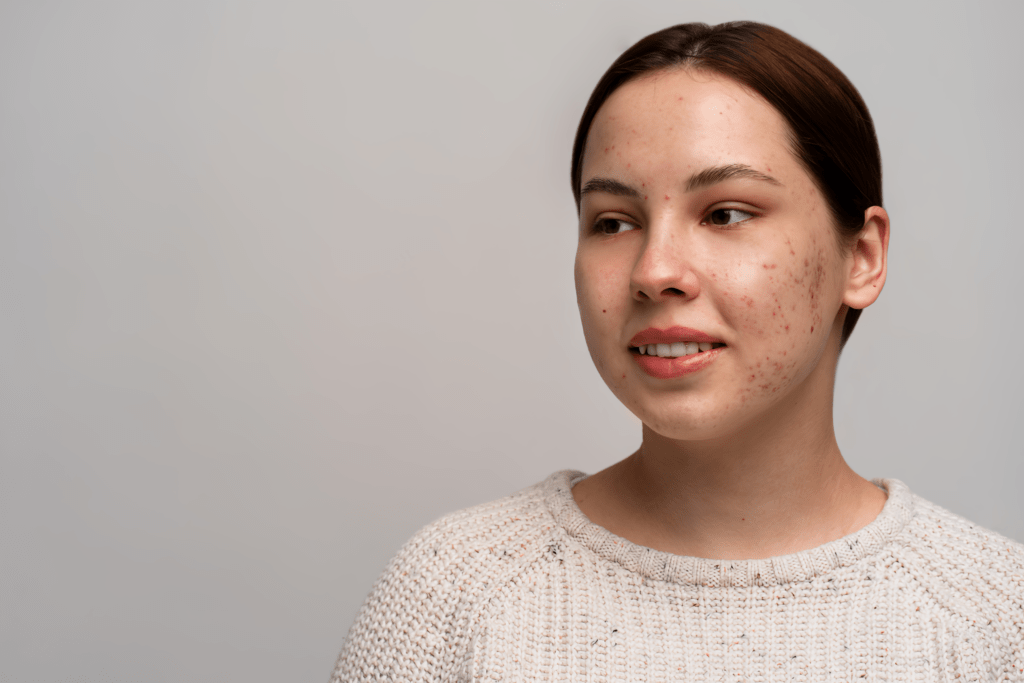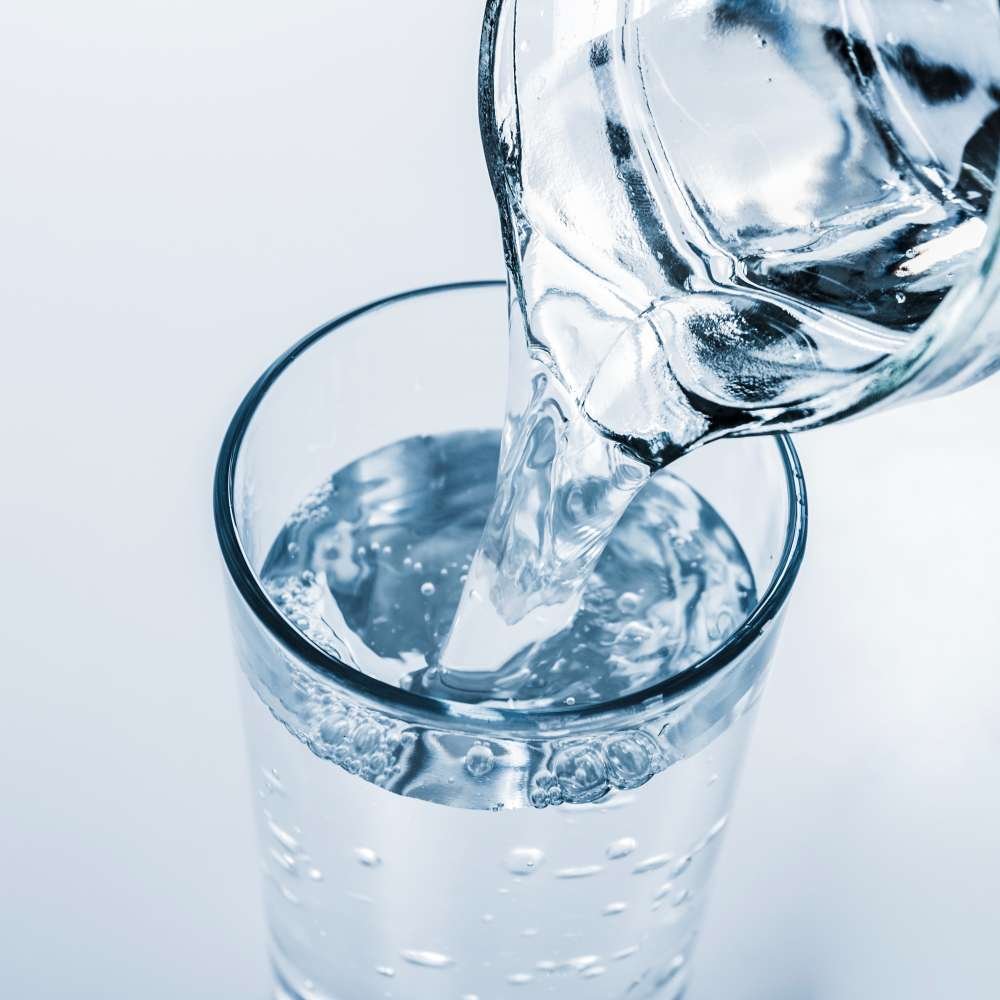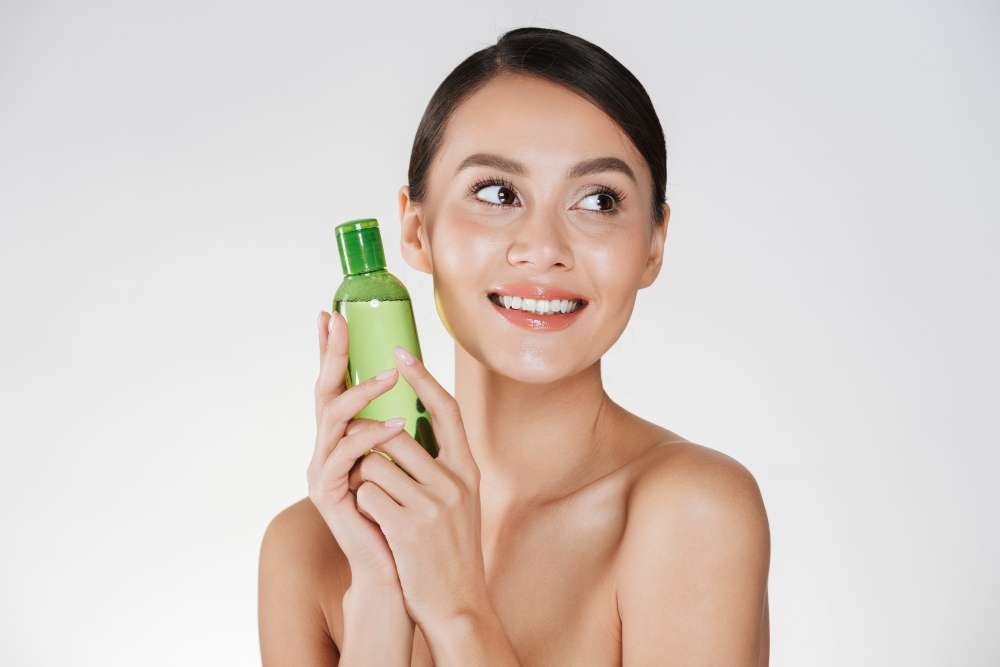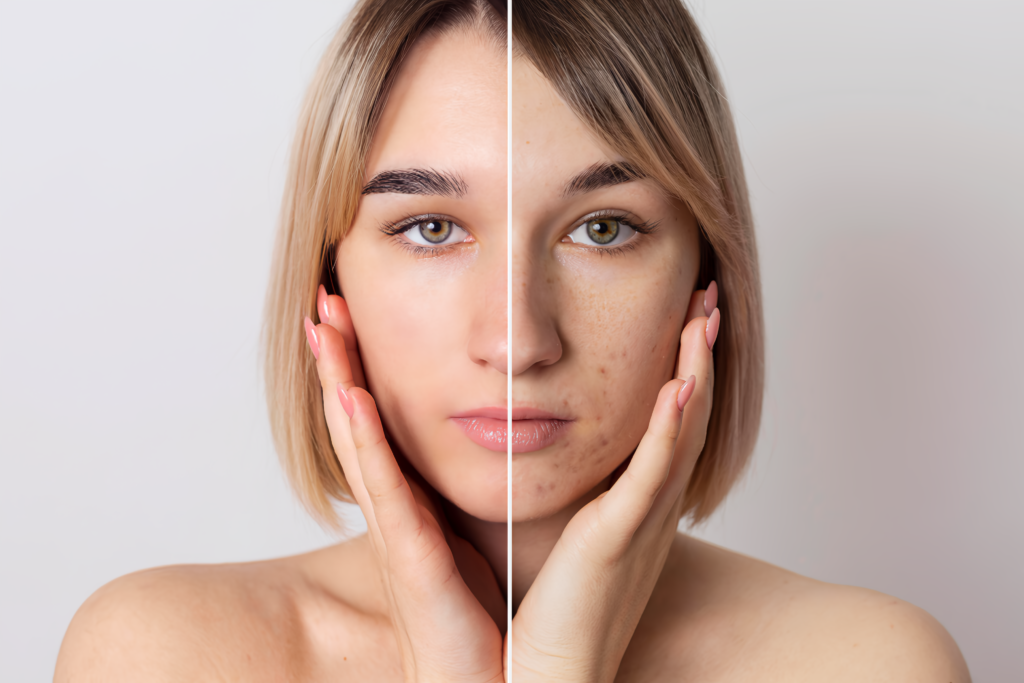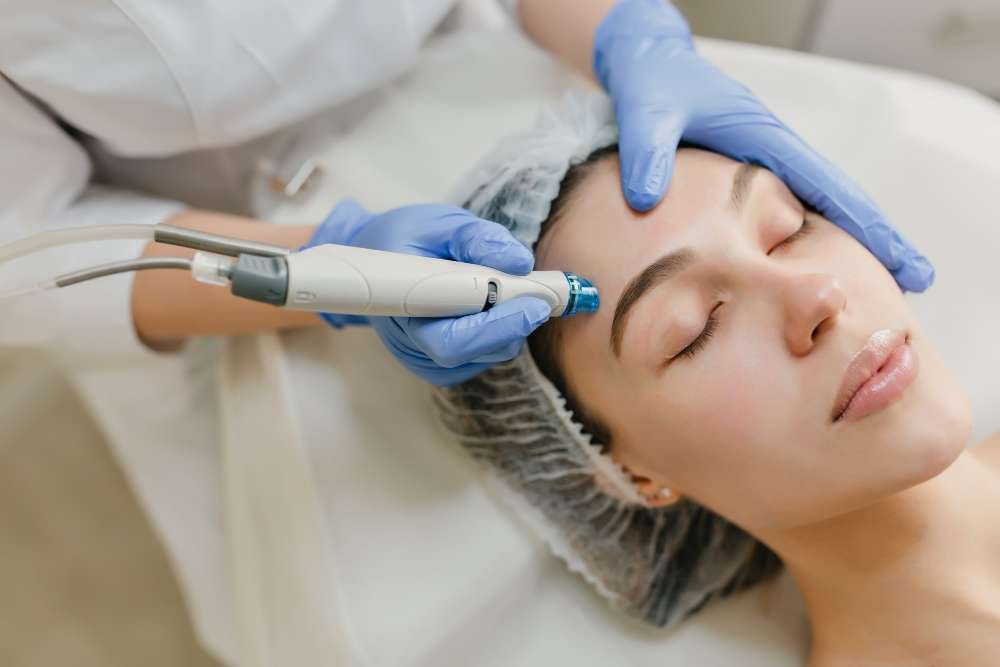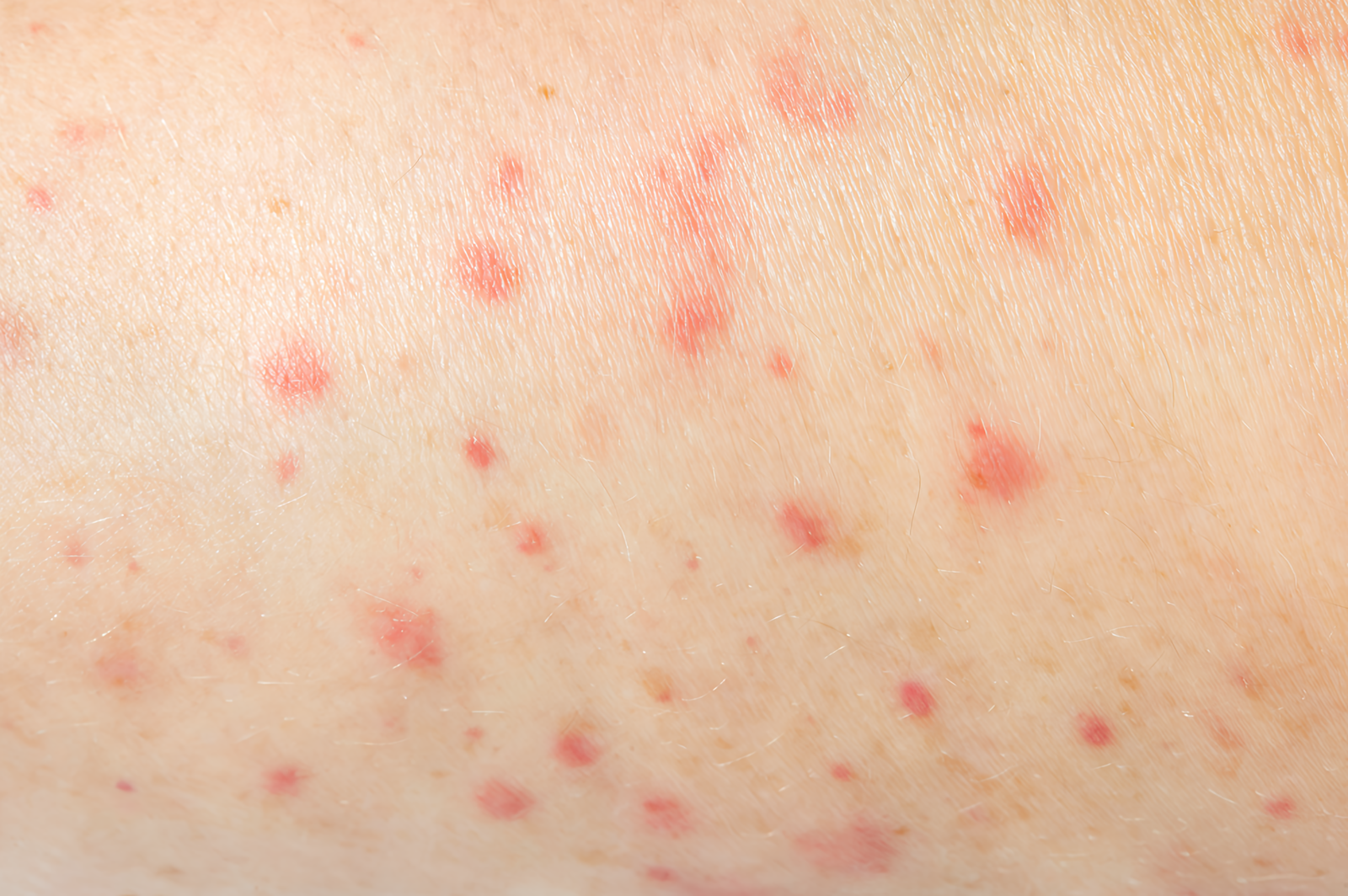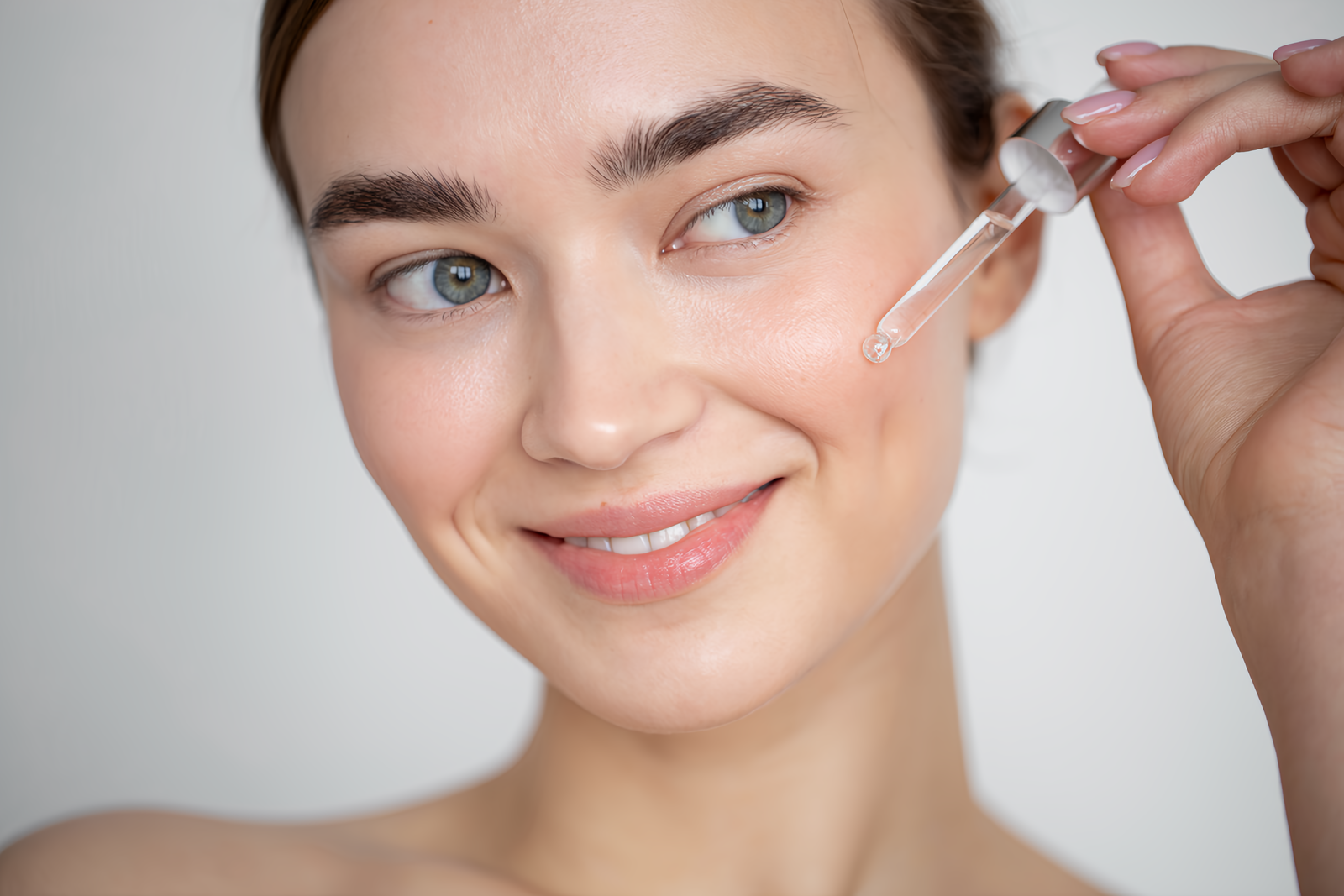
Can Hyaluronic Acid Cause Acne
Can Hyaluronic Acid Cause Acne? Beautiful Skin Savior Or Threat Can hyaluronic acid cause acne? This blog explores the relationship between hyaluronic acid and acne, Learn how It helps keep your skin hydrated and balanced without causing breakouts. You’ll discover tips on choosing the right products, potential risks, and how to incorporate hyaluronic acid into your skincare routine. Learn about

